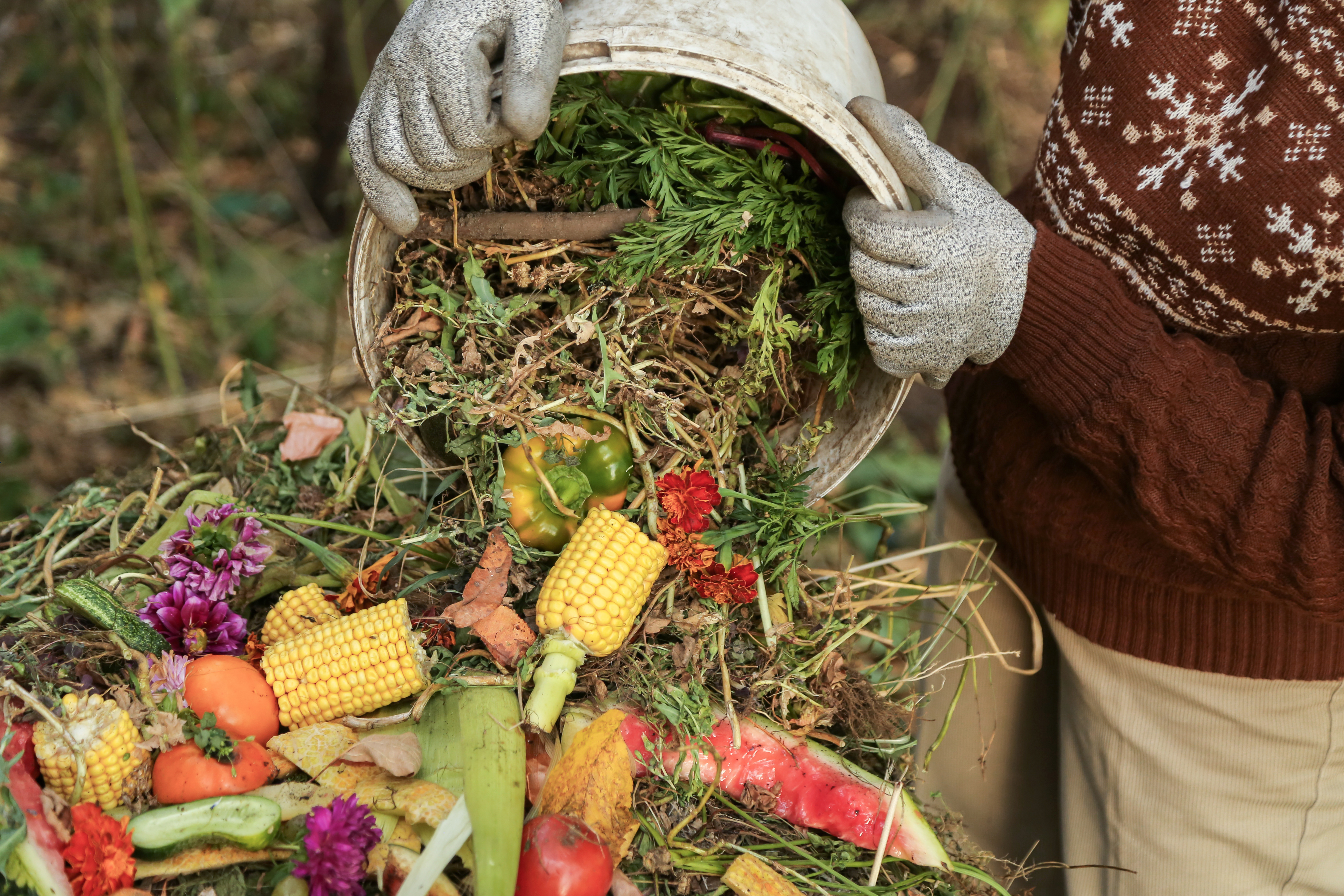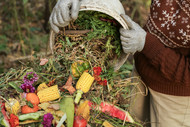Waste Less, Gain More: The Many Lasting Benefits of Composting
Posted by Eco-Products on May 16th 2025

Composting has come a long way from the backyard garden pile. Today, it's a central part of how cities, businesses and consumers are rethinking and reusing waste. Instead of sending food scraps and other organics to landfills, composting offers a way to return those resources to the earth. And when certified compostable products are used correctly, especially in foodservice settings, they make composting simpler, more effective, and better for everyone.
Composting comes naturally. Organic waste, including food scraps and yard trimmings, will decompose into a nutrient-rich material called compost. However, some items, such as compostable packaging, typically have to go to a commercial composting facility to break down properly. When that process is managed correctly, the environmental benefits can be significant.
For starters, composting helps keep organic materials out of landfills, where it would produce methane, a greenhouse gas far more potent than carbon dioxide. It also reduces the overall volume of trash, which can cut down on relevant hauling and disposal expenses for businesses and municipalities.
More than just reducing waste sent to landfills, composting produces compost, which can support healthier soils and more resilient ecosystems. Compost can be used in landscaping, farming, reforestation and erosion control. In short, composting doesn’t just prevent harm, it also creates value.
One of the fastest-growing areas of composting organic materials is in food service. Restaurants, corporate cafeterias, colleges, stadiums and arenas are increasingly turning to certified compostable foodservice products. Compostable cups, plates, bowls, and utensils are designed to break down along with food scraps in commercial composting facilities. These products are typically made from plant-based materials like PLA (a corn-derived bioplastic), molded fiber, or paperboard. They allow for “one-bin” collection, allowing customers and employees to toss leftover food and used compostable containers into the same compost bin. That’s a lot more effective than asking customers to separate their food waste, recyclables and trash into different bins. It also reduces contamination (when non-compostable trash mixes with compostable materials) at the composting facilities.
Composting works best when foodservice products are clearly labeled, signs point to the proper bin, and commercial composting facilities are available. When compostable packaging and food waste are collected and sent to the right facility, they’re placed in a carefully managed environment where heat, moisture, microbes, and airflow speed up decomposition and turn the materials into compost.
It’s important to note that certified compostable products are different from biodegradable or “eco-friendly” items that may not meet ASTM composting standards. That means these products have been verified by independent labs and a third-party certification body to break down safely in commercial composting facilities. All Eco-Products GreenStripe compostable products meet ASTM International standards for compostability, and the majority of these products are also certified as compostable by the Biodegradable Products Institute (BPI). Eco-Products also works with the Compost Manufacturing Alliance (CMA) for field testing support of its products, and is exploring other popular international compostability standards, including DIN Certco and OK Compost. To learn more about these standards and certifications, visit ecoproducts.com/certifications.
The effort is well worth it. Finished compost is a soil-like material that’s rich in organic matter and nutrients. It’s used everywhere from farms to home gardens. Benefits of finished compost include:
- Healthier soil that benefits plant growth
- A reduced need for synthetic fertilizers, which can pollute nearby waters
- Improved water retention, which lowers irrigation costs
Compost truly is a resource. Products that were once used for minutes can go on to benefit the environment for years to come. As we celebrate International Compost Awareness Week this month, it’s a great time to start putting waste to work.

